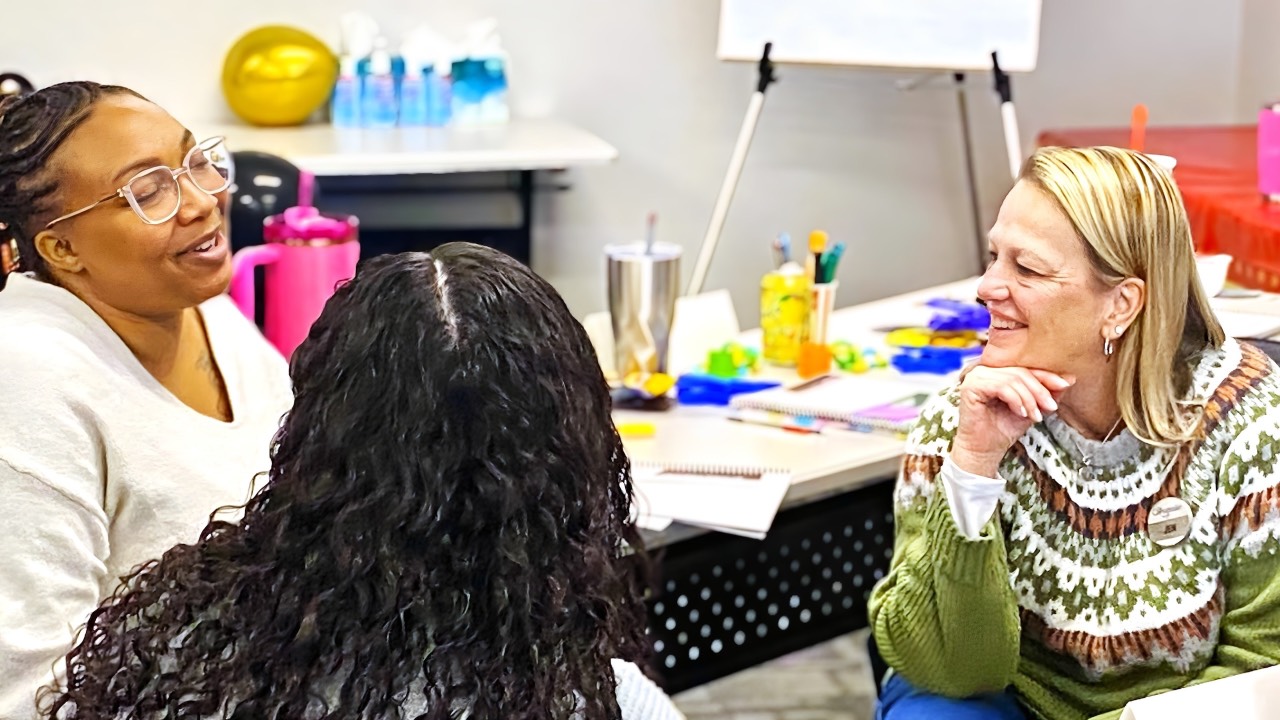Why Soft Skills Development Is One Secret to Retaining Employees

In recent years we've seen our customers improve employee retention—not by adding flashy perks or big bonuses, but by rethinking something foundational: their employee orientation. By going deep with their customer service standards, core values, and day-to-day expectations—and helping new hires actually develop and practice the skills they need on the floor—they’ve seen major improvements in morale, engagement, and yes, retention in those first 60-90 days.
Here’s what we’ve learned: People are more likely to stay when they feel confident, supported, and prepared. That doesn’t come from a welcome binder or a 20-minute video. It comes from real learning and development of—communication, empathy, adaptability, and teamwork skills—that help them thrive on the job and in your culture.
5 Reasons Developing Soft Skills Help You Keep Your People
1. Soft Skills Signal Long-Term Potential
When employees demonstrate emotional intelligence, communication, and teamwork, it shows they’re in it for the long haul. Employers consistently rate soft skills as predictors of success and longevity. According to Indeed, soft skills like commitment and motivation make employees valuable long-term assets.
2. Growth Opportunities Drive Retention
When you invest in your people, they invest in you. Training that includes soft skills increases job satisfaction and retention rates. In fact, one study found that companies offering professional development see 34% higher retention and 15% higher satisfaction (Maxme).
3. Great Leaders Are Skilled Communicators
Managers play a huge role in whether employees stay or go. Gallup research shows that managers account for 70% of the variance in team engagement. When leaders have strong soft skills—like active listening and coaching—they build trust and loyalty (Maxme).
4. Emotional Intelligence Strengthens Teams
Soft skills improve relationships, reduce conflict, and help people work better together. That’s especially important in high-stress environments. Indeed notes that emotional intelligence plays a major role in how employees adapt, collaborate, and respond to feedback.
5. Onboarding Is the Best Time to Start
Research shows that extended, meaningful onboarding programs can improve new hire retention by up to 25%(Wikipedia). But here’s the catch: you can’t just put people in front of a computer. You have to help them practice the skills that will help them succeed.
Don’t Just Teach—Help Them Do
Those human skills aren’t something people absorb by osmosis. They need to be practiced. That’s why our approach goes far beyond compliance or content delivery—we focus on creating space for real interaction, scenarios, discussion, and coaching. The result? Employees who feel prepared, valued, and ready to give their best.
Want to Learn How?
In our upcoming webinar, we’ll show you exactly how to redesign your onboarding and training programs to focus on soft skills in a way that’s meaningful, memorable, and effective. You’ll walk away with actionable strategies to turn your orientation into a retention powerhouse.
🎬 Join us and discover how to keep your best people by developing their best skills.
Stay connected with news and updates!
Join our mailing list to receive the latest news and updates from our team.
Don't worry, your information will not be shared.
We hate SPAM. We will never sell your information, for any reason.


